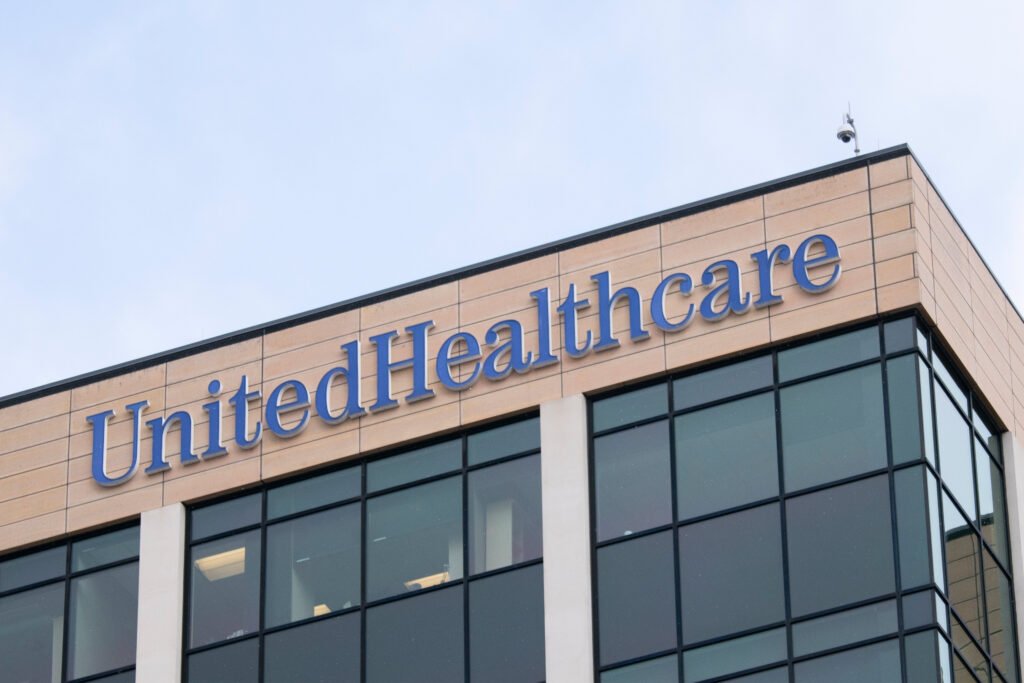The Justice Department’s battle with UnitedHealth Group over alleged Medicare Advantage overpayments suffered a setback as a special master ruled in favor of the health insurer, stating that the government had failed to provide sufficient evidence to support its claims. The case, originally filed in 2011 by whistleblower Benjamin Poehling, accused UnitedHealth of exaggerating the sickness levels of patients to receive over $2 billion in overpayments.
Special Master Suzanne Segal recommended the dismissal of the case, citing a lack of evidence from the DOJ. UnitedHealth spokesperson, Heather Soule, expressed relief at the ruling, stating that there was no wrongdoing on the company’s part. The DOJ declined to comment on the decision, leaving open the possibility of an appeal.
The crux of the case revolved around Medicare Advantage payments, with the DOJ alleging that UnitedHealth had received $7.2 billion in overpayments from 2009 to 2016. The government claimed that the company manipulated patient records to inflate revenue, leading to excessive billing codes. However, the special master found the government’s arguments to be speculative and unsupported by concrete evidence.
The ruling highlighted UnitedHealth’s transparency in disclosing its chart review policies to CMS officials in 2014, indicating that there was no intent to conceal any information. The special master also pointed out that CMS audits had shown a high level of support for billing codes in UnitedHealth’s records, contradicting the government’s claims of widespread overbilling.
Despite the setback for the DOJ, UnitedHealth still faces scrutiny over its Medicare Advantage coding practices, with a new Justice Department review underway. The Medicare Advantage industry has seen rapid growth, enrolling over 33 million members, and has been the subject of numerous whistleblower lawsuits and government audits.
As the case against UnitedHealth Group comes to a close, the implications for Medicare Advantage billing practices and government oversight remain uncertain. The industry’s future may hinge on the outcome of ongoing investigations and efforts to ensure proper reimbursement and transparency in healthcare billing.


